MedTech News
.................... by Andrew Celentano
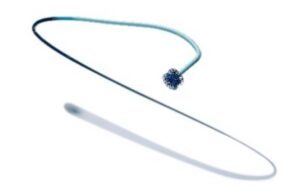
Abbott wins FDA clearance, CE mark for Amplatzer Piccolo delivery system
Abbott (NYSE: ABT)+
announced today that it received FDA clearance for its Amplatzer Piccolo delivery system for use with the Amplatzer Piccolo Occluder.
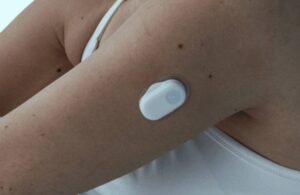
GlucoModicum unveils Sofio needle-free CGM
GlucoModicum today unveiled Sofio, which it labels the world’s first needle-free glucose monitor based on magneto-hydrodynamics (MHD).
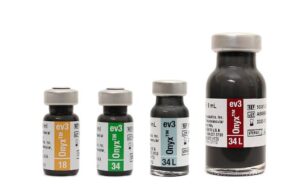
Medtronic, J&J MedTech both get FDA nods for liquid embolic systems
Medtronic (NYSE: MDT)+
and Johnson & Johnson (NYSE: JNJ)+
have both announced recent regulatory milestones for liquid embolic systems.

3D bioprinting offers alternative to animal testing for skin disease research
At TU Wien, researchers are developing three-dimensional (3D) printing techniques that can be used to create living biological tissue—for example, to study skin diseases.
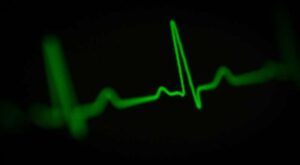
AI-electrocardiogram model developed to diagnose liver disease earlier
As rates of obesity, high blood pressure, type 2 diabetes and sleep apnea increase, cases of advanced chronic liver disease and resulting liver scarring or cirrhosis also are rising. Patients are often diagnosed based on symptoms, such as gastrointestinal bleeding, fluid retention or jaundice, which happen when liver disease has progressed to a late stage.
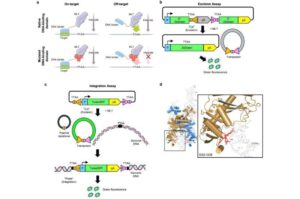
Gene therapy advances as scientists guide jumping DNA to target faulty genes
Their next target is to use this technology in CAR T-cell immunotherapy, which reprograms the immune system to hunt and destroy cancer cells.
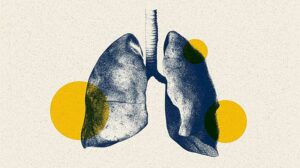
‘Molecular glue’ stabilizes protein that inhibits development of non-small cell lung cancer
Lung cancer is the second-most common cancer and the leading cause of cancer death in the United States. Over 80% of lung cancers are non-small cell lung cancers, in which tumor cells are larger and grow more slowly than those in small cell lung cancer.
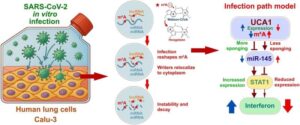
COVID-19 virus manipulates host cell RNA to shut down the immune system, study reveals
Researchers at the Federal University of São Paulo (UNIFESP) in Brazil have discovered that SARS-CoV-2, the virus that causes COVID-19, uses a sophisticated tactic to evade the human body’s defense system
